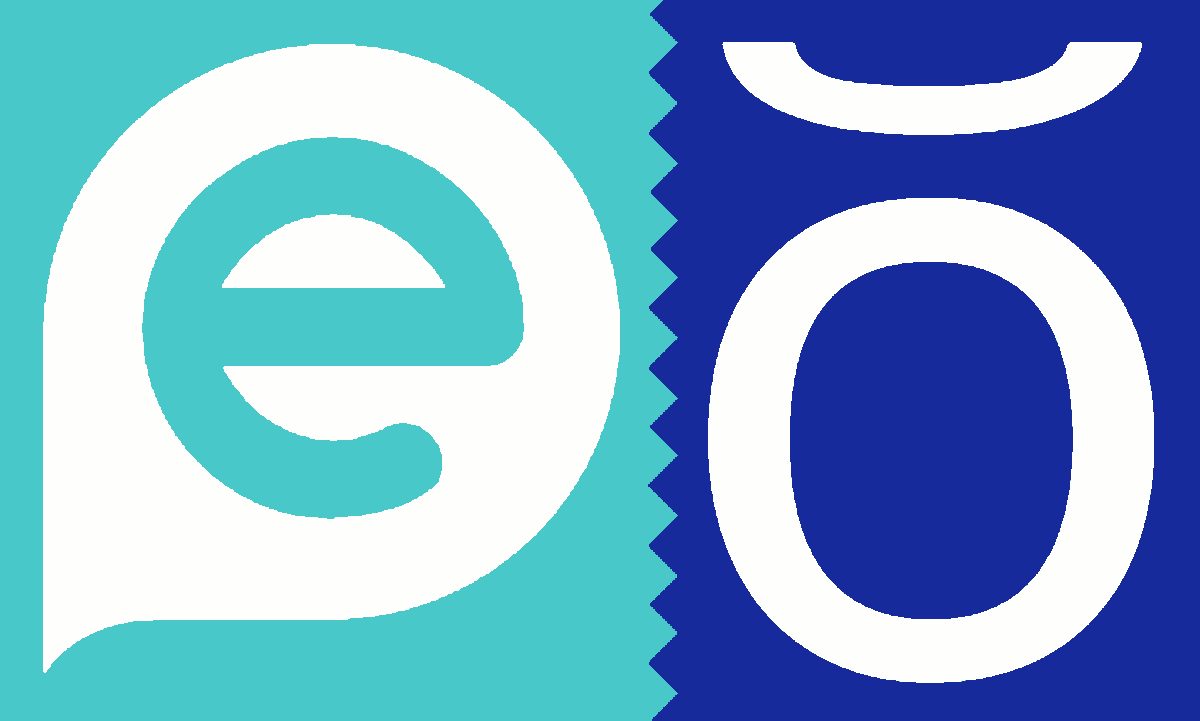Ejabberd vs. Prosody: A Battle of the XMPP Titans
In the realm of XMPP servers, ejabberd and Prosody have emerged as popular choices for enabling real-time communication and messaging applications. Both servers have their unique set of features and advantages, making it essential to compare them before making a decision. In this blog post, we will delve into the strengths and differences of ejabberd and Prosody, providing you with valuable insights to make an informed choice for your project.
Ejabberd
ejabberd is an open-source, highly scalable, and modular XMPP server written in Erlang/OTP. Renowned for its exceptional performance, ejabberd has earned a reputation as a reliable solution for large-scale messaging applications. Let’s explore some of its key features:
- Performance and Scalability: ejabberd’s Erlang-based architecture allows it to efficiently handle a high volume of concurrent connections, making it suitable for applications with substantial user bases.
- Modularity: One of ejabberd’s greatest strengths lies in its modular design, providing a vast array of core and community-contributed modules. Developers can easily extend and customize the server to meet their specific requirements.
- Clustering: ejabberd supports clustering, allowing you to distribute the load across multiple servers for improved fault tolerance and high availability.
- Protocol Support: Alongside XMPP, ejabberd supports other protocols like MQTT, SIP, and WebSocket, making it versatile for various real-time communication needs.
Prosody
Prosody is an open-source, lightweight, and user-friendly XMPP server written in Lua. While it may not be as well-known as ejabberd, it has gained popularity due to its simplicity and ease of setup. Let’s explore its key features:
- Lightweight and Easy Setup: Prosody is known for its simplicity, making it a suitable choice for small to medium-sized applications. It boasts straightforward installation and configuration processes.
- Resource Efficiency: Due to its lightweight nature, Prosody consumes fewer system resources, making it an attractive option for projects with limited hardware resources.
- Focus on Simplicity: Prosody prioritizes ease of use and straightforward management, making it ideal for developers who prefer a simple, no-frills approach.
- Lua-Based: Prosody is written in Lua, a scripting language known for its speed and simplicity.
Comparison
| Features | Ejabberd | Prosody |
|---|---|---|
| Performance | Highly scalable, efficient | Lightweight, resource-efficient |
| Modularity | Extensive module support | Focused on simplicity |
| Clustering | Supports clustering | Limited clustering support |
| Protocol Support | XMPP, MQTT, SIP, WebSocket | Primarily XMPP |
| Ease of Setup | Requires some configuration | Easy and straightforward |
| Language | Erlang/OTP | Lua |
| Community Support | Active community | Supportive community |
In conclusion, both ejabberd and Prosody have distinct advantages that cater to different project requirements. If you need a powerful, scalable, and versatile XMPP server with extensive protocol support, ejabberd might be the right choice. On the other hand, if you prefer a lightweight, easy-to-use, and resource-efficient solution, Prosody could be the better fit.
Ultimately, the decision between ejabberd and Prosody depends on the specific needs and resources of your project. Both servers have proven their reliability in various applications, so carefully consider the features that align with your objectives before making your final choice.

